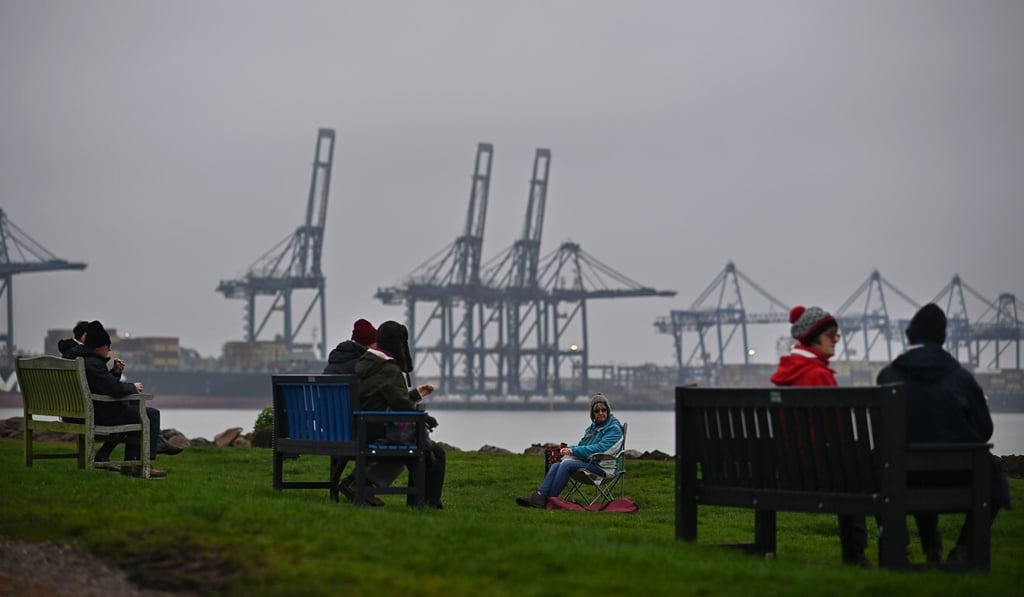Opinion | The Sino-British relationship needs more pragmatic engagement, not less
- Beijing and London have in the past built a relationship guided by a more realistic understanding of their differences in values, and must do so again
- Distrust is impeding cooperation on issues of common interest, and is detrimental to Britain’s efforts, post Brexit, to navigate a global economy in which China is a central player

While accepting that there are legitimate concerns and points of critical difference, both the UK and China should not overlook the many positives that remain in what is an important relationship for both, from economic links to climate change – especially when both probably have more tangible reasons than ever to talk to each other.
A greater engagement in its sphere of influence would require, if not a more cordial, then a deeper and more nuanced relationship, especially if the UK is to successfully build and leverage its connections with regional hubs, in particular Singapore and Hong Kong.

Prime Minister Boris Johnson has described himself as a Sinophile. His government is instinctively pragmatic and is not as yet guided by a strategic China policy – it remains, to a significant degree, a relationship shaped by economic interest. This should suit Beijing.

